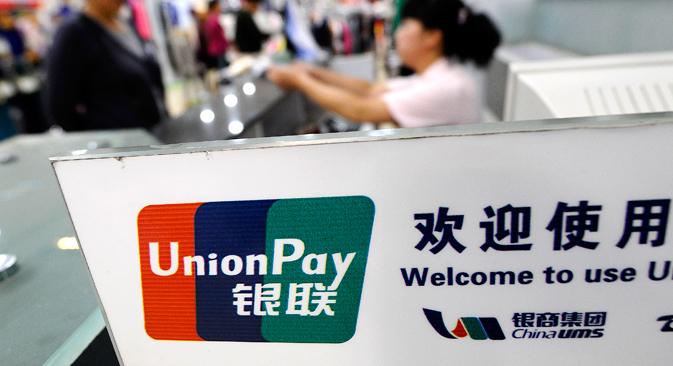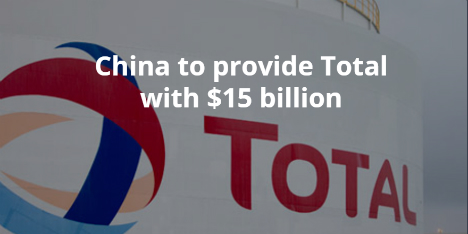Russia to join China-led Asian Infrastructure Investment Bank

Source: Reuters
Russia has applied to participate in the charter capital of the Asian Infrastructure Investment Bank (AIIB), a new development institution whose principal contributor will be China. Deputy Prime Minister Igor Shuvalov made the announcement on March 28, though he did not give details of what Russia’s contribution to the organization would be.
According to the Asian Development Bank (ADB), Asia will need about $800 billion of investments in infrastructure construction annually by the year 2020. The ADB itself provides only $10 billion worth of loans per year for such projects.
“The participation of Russia as an initial founder can give the country some privileges, including preferential financing for projects, as well as opening up opportunities to fully participate in the management of the bank,” says Sergei Fomin, director of the legal department at UFS IC.
Nevertheless, he pointed out, the image element is also rather important here – “Russia will once again declare itself not only as a powerful military power, but also as an economically strong state,” he said.
Rules of the bank
Membership in the bank is open to all countries and economic players seeking to foster economic development in Asia and the world as whole. The Memorandum of Preparations for the Establishment of the Bank was signed by representatives of 21 countries, including China, India, and Singapore, on October 24, 2014.
However, in the past two weeks, many other countries have expressed a desire to join the new structure, including the UK, France, Germany, Italy, Switzerland, Luxembourg, South Korea, Australia, and the Netherlands.
Yet according to Russian economist Sergei Khestanov, the creation of a global counterweight to Western financial institutions is still very far away. Khestanov points to the fact that the main founder of the AIIB, China, has very close economic ties with the U.S. “Given these circumstances, China is trying to create a competing financial structure, but no tough confrontation should be expected,” he said.
The authorized capital of the new bank could reach $100 billion. According to Sergei Fomin, the bank’s capital may increase in the future, including money coming from private Asian investors. “If this happens, the bank may become a fundamental institution in the new financial system framework of Asia,” said Fomin.
Competition between banks
Experts point out that Moscow has already signed up to participate in the BRICS bank, which is a financial institution very similar to the AIIB – both banks are going to be making investments into infrastructure, and have similar amounts of authorized capital.
“Both of these projects are now in the initial stages. Russia will focus on the institution that will prove to be the most successful,” said Khestanov.
However, Yaroslav Lisovolik, head of the analytical department of Deutsche Bank, says that for Russia it makes sense to participate in institutional projects such as the AIIB, despite the fact that the country is already involved in a similar structure.
“This is a tool to strengthen the integration of the Russian economy in the most important region in the world – Asia. Therefore this project is important for Russia not only in terms of attracting resources in the short term, but also as a tool for future rapprochement with Asia in the investment sphere,” said Yaroslav Lisovolik.
AIIB and the BRICS Bank are essentially being formed in parallel. Experts attribute this to the fact that the world economy requires an alternative to the usual financial institutions such as the IMF and the World Bank. Lisovolik sees these new players as potential competitors to the established institutions if they work closely.
“Most likely, the BRICS Bank and AIIB will follow the path of coordination rather than competition. This could create a certain challenge, for example, to the World Bank,” he said.
Read more: China to provide Total with $15 billion for development of Yamal LNG plant
All rights reserved by Rossiyskaya Gazeta.
Subscribe
to our newsletter!
Get the week's best stories straight to your inbox
